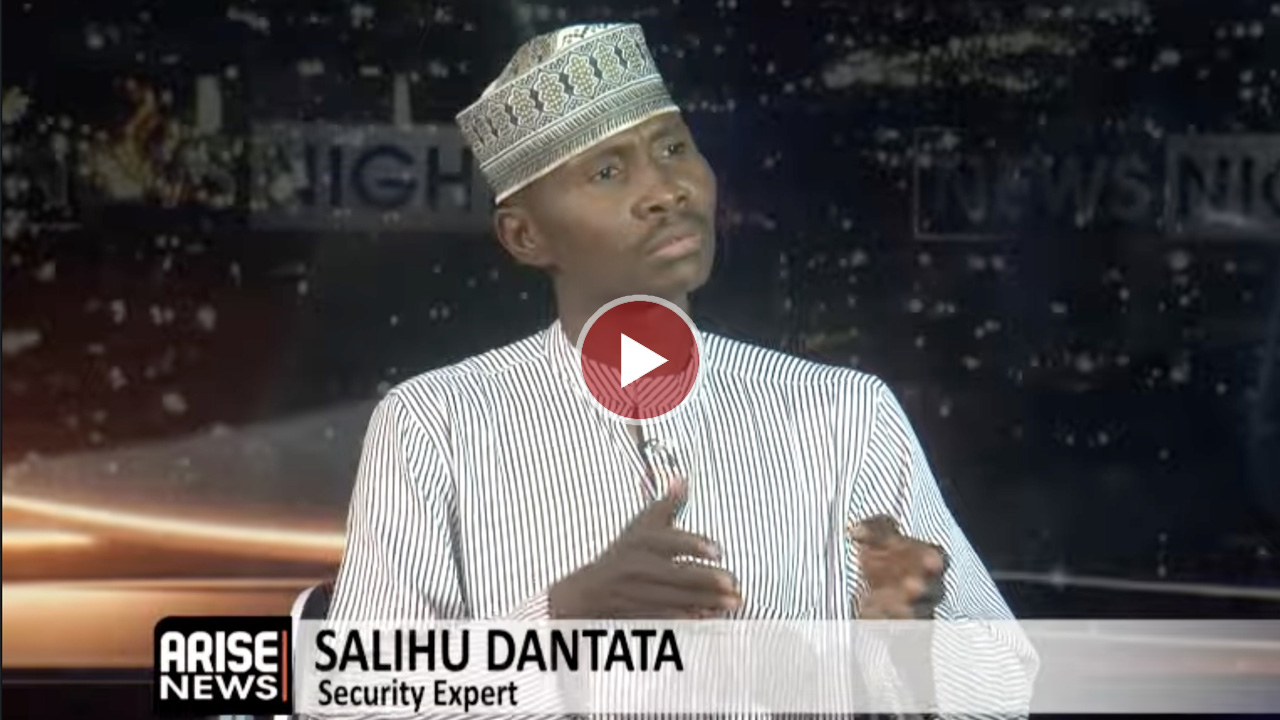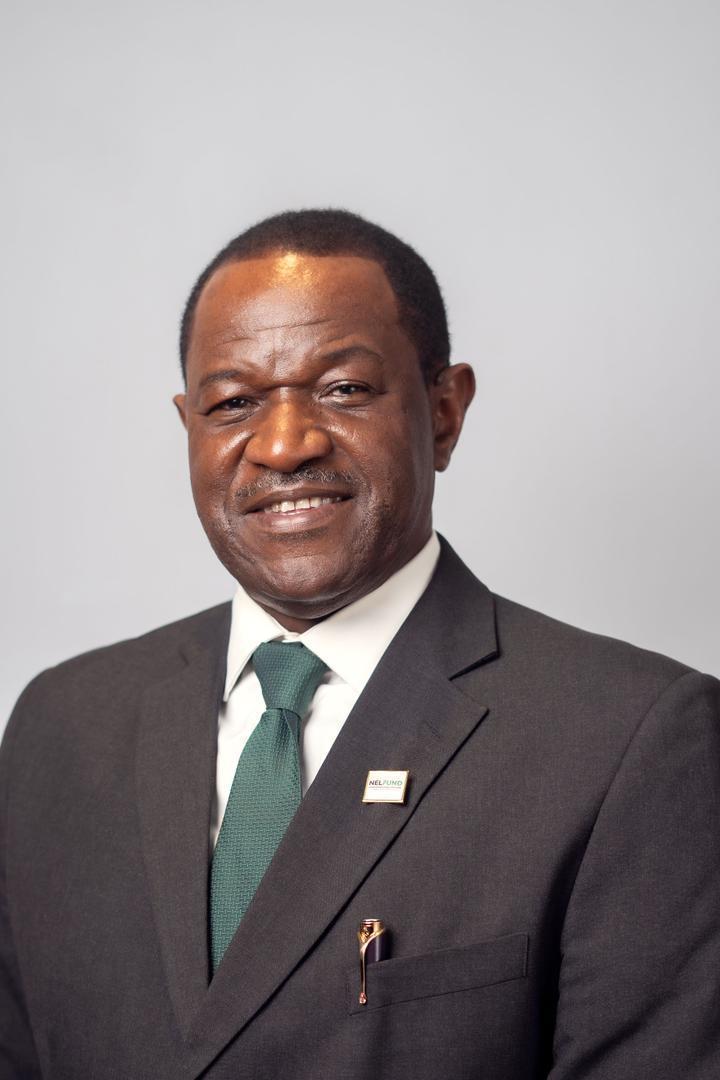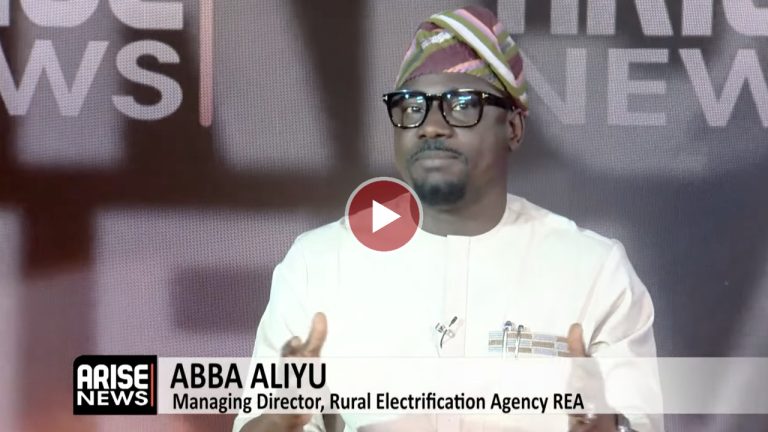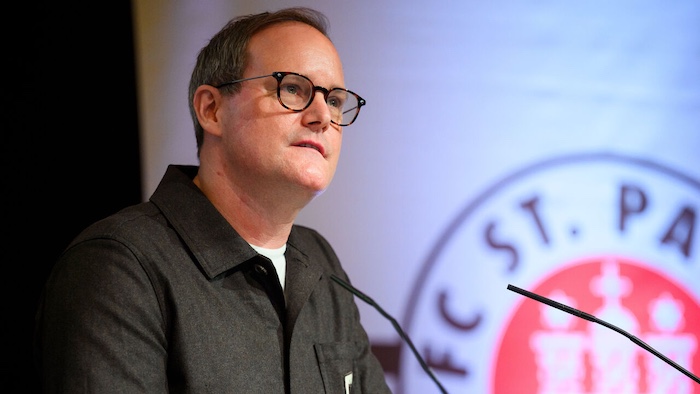

Security expert Salihu Dantata says President Bola Ahmed Tinubu’s directive for the military to comb forests across Kebbi, Niger and Kwara States will only address “about 50 percent” of the security threat, warning that terrorists entrenched in the region remain deeply embedded in border communities, waterways, and informal networks that make simple sweeps ineffective.
Speaking in an interview with ARISE News on Wednesday, Dantata said:“When you talk about combing, you can comb, come back to base, and they return to normal business.”
He explained that terrorists operating across the Kebbi–Niger–Kwara axis are familiar with the terrain and often blend seamlessly with local communities.
“These are states that do exchange trading. On market days, for instance, people leave Wara in Kebbi State, Gursky in Kebbi State, Gumbi in Kebbi State en route Aguara, Babana, Shuashi, Wawa to Kayama.
“What these non-state actors do is leave their weapons in the forests, come into the main communities, disguise, sit with them, eat, wine and dine with them, even have female friends—particularly in brothels.
“This makes it very difficult for any instant onslaught to wipe them away, because just the way the government announces an operation, they also get the information.”
Dantata also noted that some residents are unaware they are aiding terrorists, while others intentionally assist them.
“Most of these communities have unscrupulous indigenes who aid and abet them. In Kayama Local Government and Borgu Local Government areas of Kwara and Niger States, there are towns where illegal gold mining is taking place, unchecked, despite several intelligence reports.”
He added that the terrorists rely heavily on waterways to escape.
“In Wara, for instance, it is a waterway. Some of these non-state actors use the waterways to escape. Except if the Nigerian Navy is dragged in to comb the maritime routes, relying on forests alone will be difficult.”
Commenting on the President’s new directive for mass recruitment into the police and armed forces, Dantata said the gesture was positive but emphasised that manpower alone will not solve the problem without investment in welfare and operational conditions.
“There are certain things the Commander-in-Chief needs to consider. The morale of the rank-and-file of both the armed forces and the police is low. The welfare of the order ranks is nothing to write home about. The places they stay before carrying out operations make you shed tears.”
He criticised poor compensation for officers who are injured or disabled.
“Go to the military hospital in Kaduna, 44, or Maiduguri. You see some of them amputated or disabled. After six months, their families are sent out of the barracks.”
He urged the President to compel defence and security finance departments to submit proposals to the National Assembly.
“The President should mandate the Ministry of Finance, Army Finance, Air Force Finance, Naval Finance, Police Finance and DSS Finance to make proposals for hazard allowances, insurance and better salaries. If they are sacrificing their lives, they should know they have something to fall back on in case of disability.”
Dantata expressed confidence that a well-supported joint operation could make significant progress.
“If they are given welfare, logistics, intelligence-gathering gadgets and collaboration with communities, they can do it.”
He stressed that supervision must be robust.
“This shouldn’t be a case of one Brigadier-General. If you are going to have Air Force, Army, Police, DSS, then a Deputy Director-General from DSS should supervise the DSS. Two Major-Generals for the Army, two Air Vice-Marshals for the Air Force, and two AIGs for the Police will go a long way. Even with welfare, when junior officers know senior officers are supervising them, they want that commendation.”
Dantata also defended the use of non-kinetic measures seen in recent rescue operations.
“There are certain situations where non-kinetic methods are required because no Commander-in-Chief would want the child of a peasant or a poor person to be killed. Sometimes you must take that approach to save lives.”
Boluwatife Enome



